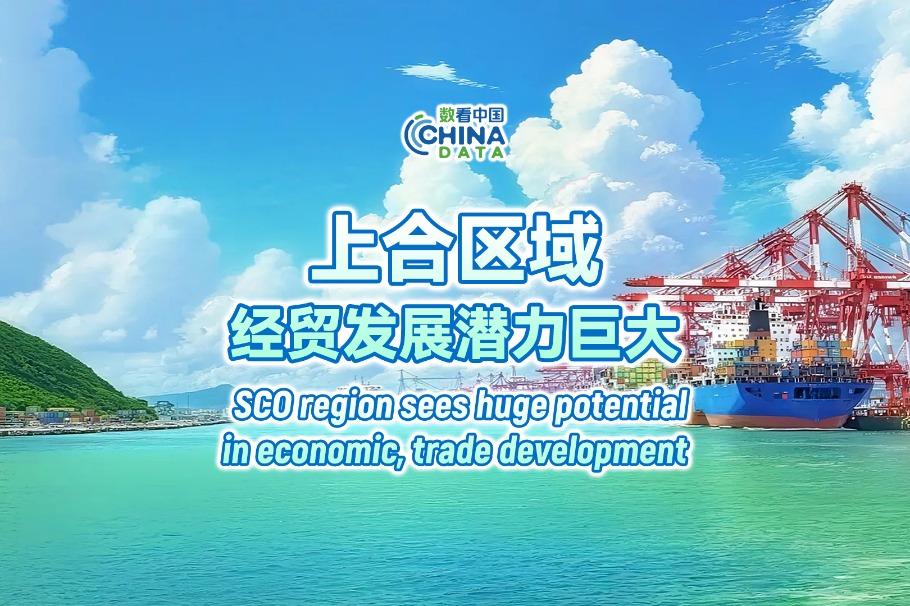Relentless cycle of price wars eroding profits of automakers

I spent months immersed in China's auto industry, and it has been a study in contrasts.
On the one hand, the numbers are staggering.
China has been the world's largest car producer and seller for 16 consecutive years. Last year, it overtook Japan to become the top car exporter, cementing its place as a true automotive powerhouse.
But step into a dealership or talk to suppliers, and the picture is very different. The mood is tense. A relentless cycle of price wars is eroding profits and testing the patience of everyone from factory floors to boardrooms.
According to the China Automobile Dealers Association, retail losses from these price battles totaled a jaw-dropping 177.6 billion yuan ($24.7 billion) in the first 11 months of 2024 alone. More than 60 models saw price cuts in just the first four months of this year. Some brands are slashing sticker prices by over 30 percent — a shock to any balance sheet.
I first noticed the shift when I visited a dealership in eastern China. Posters announcing "record discounts" plastered the showroom windows. When I asked the sales manager whether this was working, he shrugged. "It drives foot traffic," he admitted, "but not enough to cover costs. We're bleeding."
Industry data back up his frustration. The China Association of Automobile Manufacturers reported that while revenue and costs in the sector both grew around 7-8 percent year-on-year from January to April, profits fell by 5.1 percent. The profit margin for the entire industry dipped to 3.9 percent in the first quarter of 2025, below the average for manufacturing.
The ripple effect extends beyond showrooms.
Earlier this year, the China Iron and Steel Association did something previously unheard of: it publicly scolded automakers, accusing them of squeezing suppliers to the brink.
The backlash is gaining volume. In recent months, the Ministry of Industry and Information Technology, auto associations and dealer groups have stepped up their messaging — warning about this spiral of cutthroat competition.
I heard this frustration clearly at a forum hosted by the China Auto Dealers Chamber of Commerce. Executives and regulators agreed: the industry needs to move away from destructive discounting.
"Price wars have no winners and no future," one MIIT official said bluntly. The chamber went a step further, issuing a proposal to reject reckless discounting and return to fair, rational competition.
Yang Xueliang, senior vice-president of Geely Holding Group, said: "Any company that engages in involution is bound to hit a dead end.
"Geely will never follow suit and will never become the king of involution, nor will we participate in vicious, destructive competition."
Other automakers echoed this.
Changan Auto said it would avoid "bottomless competition", while BYD insisted its future lies in tech innovation. These statements might sound corporate, but they suggest a consensus forming: the industry must rethink what competition means.
The reasons behind the turmoil are complex.
Dong Yang, former executive vice-chairman of CAAM, said: "Self-discipline alone won't solve the problem. It takes both a proactive government and a functioning market. Stricter law enforcement against unfair practices and targeted rules are needed to curb involution."
An Tiecheng, chairman of the China Automotive Technology and Research Center, traced it back to structural shifts. "The market is moving from expansion to stock competition," he explained.
"Meanwhile, export prospects are clouded by growing trade barriers, leaving automakers with little choice but to compete aggressively at home."
This isn't just a boardroom headache.
Suppliers are being pushed to cut component prices by 10 to 15 percent annually. "That's dangerous," An warned.
"It raises the risk of corners being cut on quality. Automakers should abandon short-term profit-seeking, build transparent supply chains, and stop passing all cost pressures down the line."
As I pieced together these conversations, I kept thinking: China's auto industry is at an inflection point. It is still a global giant, but the race to the bottom threatens to hollow out its gains. Whether it can shift gears — from slashing prices to building value — will decide if this powerhouse can sustain its lead in a rapidly changing market.




































